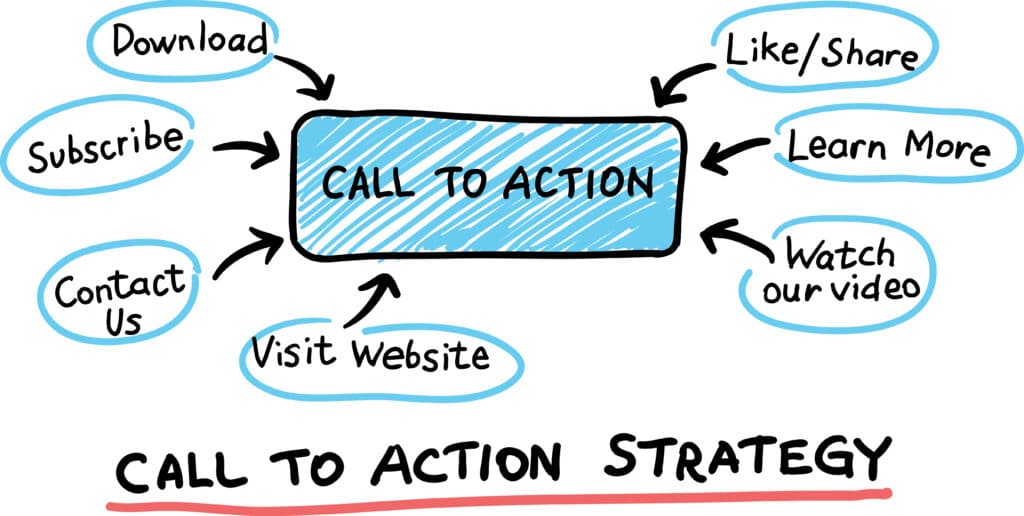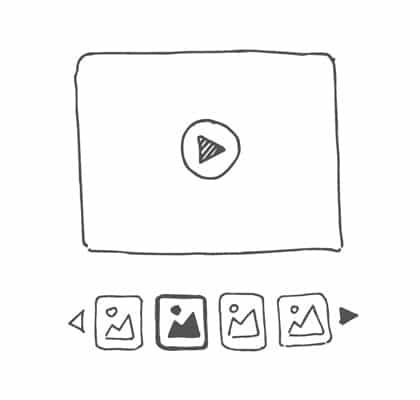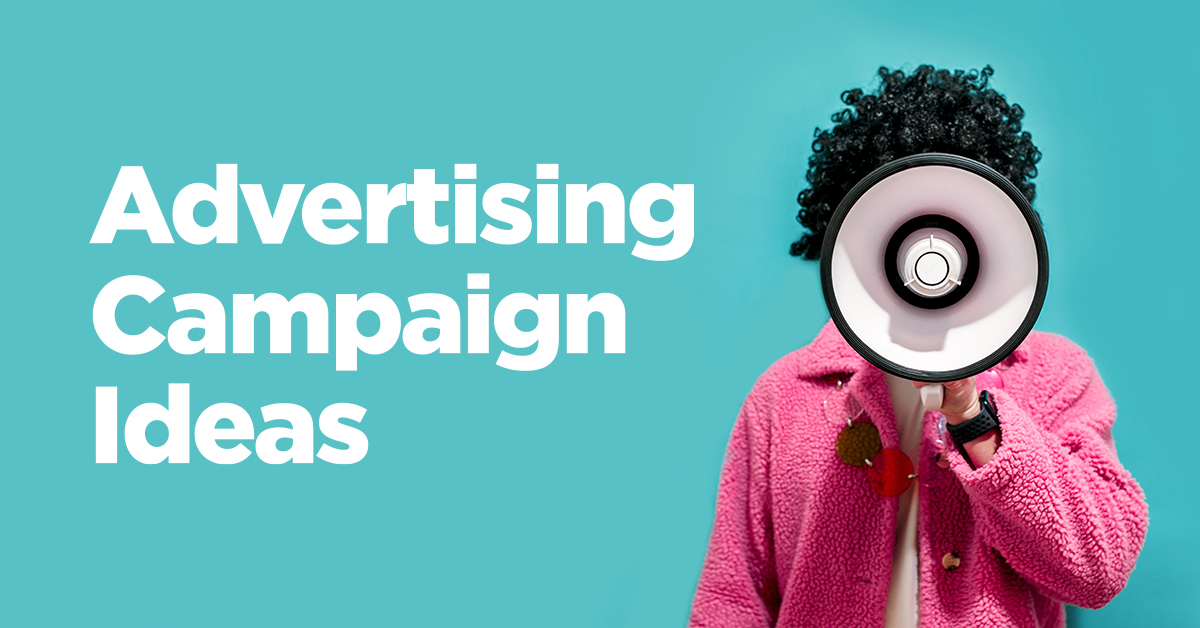Creating an Effective PPC Landing Page
Paid advertising is an extremely effective way to increase website traffic, boost lead conversions, and spread brand awareness for your practice. Pay-per-click advertising also boasts some of the highest return-on-investment, or ROI, in marketing. That is, as long as you know how to create great targeted landing pages.
Pay-per-click advertising simply describes a form of paid marketing that requires the advertiser to pay a fee each time their ad is clicked on. A PPC landing page is where your leads are led to once they click the advertisement.
Your PPC landing page is what turns an interested click into an appointment on your schedule. These web pages are often the first introduction a potential client has of your practice and services, so make sure you dress up your page to impress.
Stay tuned as we go over some of the key features that will help make your PPC landing page effective.
Identify Your Target Audience

Before designing your PPC landing page, first identify your target audience. You may even want to work with your team to brainstorm a persona for your ideal client so that you can keep them in mind when you’re planning out marketing materials. Creating a persona is kind of like having an imaginary friend. Your ideal client persona will have a name, a career, likes, dislikes, and maybe even a family of their own.
The purpose of creating a client persona is to get a better idea of how to speak to your potential leads through your practice’s advertising, social channels, and marketing content.
To hold a persona exercise, get your staff together to discuss the traits of some of your best clients. Once you’ve identified commonalities, start to imagine what your ideal client would be like. What’s their name? How old are they? What do they do for work? Why would they come into your practice? How often would they come into your practice? Are they the serious type or do they like to joke around? Write down your answers to create a perfect imaginary client to target when you create a PPC landing page.
Draft an Attention-Grabbing Headline
Your headline should not only tell your audience what to expect from the page itself, but what they can gain by staying on the page. A headline should clearly translate the purpose of the advertisement and present something valuable to the web visitor, like a special offer or compelling information about your practice’s specialties.
Draft a couple of headlines before settling on one that you believe will work best. If you find that your headline is not performing the way you hoped, you will have a bank of other headlines to test on your page.
Here are some ideas to keep in mind when drafting a landing page headline:
- Be clear and concise – Don’t dance around your point with excess language or confusing metaphors. Intice them with the promise of useful content.
- Answer a pain point – Show your clients that you understand their needs by addressing their pain points at the top of the page.
- Include keywords when possible – Are you promoting a particular service or to a specific audience? Tie in keywords that are consistent across your related content.
Include a Call-to-Action
Once a visitor is on the landing page, they will need a little nudge to complete a desired action, like make an appointment at your office or complete a form for your latest deal. The primary goal of a PPC landing page is to convert leads into clients, so pay special attention to the language you are using for this section.

If you are using a form, be sure to place it near the top of the page so that the user doesn’t miss it. Make sure the header for your form fill explains what the visitor will be getting when they enter their information. This may be a call from your staff, a coupon emailed to their inbox, or an infographic designed by your team.
Highlight Your Contact Information and Logo
Be sure to include your practice’s contact information in highly visible places on the page. You may even want to feature the number twice; once at the top of the page and once at the bottom. Web visitors will usually check those two places for this information. Poorly placed contact information could mean the difference between a new client and losing a lead to a competitor.
Strong branding across your web presence helps differentiate you from your competitors. Include your logo on each page of web content you produce so that local searchers become familiar with your brand.
Maintain Consistency Between Titles, Descriptions, and Landing Pages
The meta title and description featured on Google’s search engine results tell a web user what they can expect to see on your landing page. Is the ad promising information about your services? Or a discount on their next appointment? Whatever the messaging, make sure your landing page delivers the kind of content your user wants to see.
Imagine clicking on a search result for an article about the benefits of protein just to find a page that only promotes the website’s products. There is a good chance you will click out of the page without browsing their offerings. Similarly, if you advertise a monthly special but lead users to your website’s About Us page, they may be apt to click out of your landing page without reading about your services.
Feature Photos and Video

Whether you are promoting a new service or a specialty, include images to make your landing page pop. Use images that strongly relate to your page content to support your purpose and attract users to your messaging.
High-quality, professional photography shot at your practice will allow potential clients to get to know you better even before they dial into your office. Now, you don’t necessarily need to pose for your headshots just yet. Photos of your team in action can show clients the superior services and products you provide.
Videos are the most popular content medium of 2018. By 2019, video is projected to attract 80% of all online searches. Stay ahead of the curve by including video on your paid advertising landing pages.
Post Client Testimonials

Happy clients can be one of your strongest and most effective marketing tools. Prompt satisfied clients to write your practice a testimonial about their experience at your business. The best time to ask for these reviews is quickly after their most recent visit with you so that your practice is still fresh in their minds.
Include relevant reviews on your landing page to show clients why they should choose you over the practice down the street. People tend to trust online reviews, with 88% of consumers reporting that they trust these testimonials as much as personal recommendations.
Use Simple Forms
When creating forms for landing pages, it’s best to limit the amount of information required. Asking for too much information in an online form may scare otherwise interested potential clients away. They might fear that they will be bombarded with unwanted emails or phone calls when they press submit and instead click out of your page.
Only ask for the contact information you need for that particular form fill. Do you need to email the client a resource or a coupon? Then you probably don’t need their phone number or business name. If your attention is to call for an appointment, you may not need their email address.
Learn more with our video
Looking for more insights on how to create an effective PPC landing page and increase your lead conversion rates? Check out our video on this page and follow along as we discuss these points and more.
Ready to jump into paid advertising?
Here are more resources to help you learn how to reach your business goals.
Should You Focus on SEO or Adwords? How to Leverage Both For Your Business
Top 5 Tips to Help You Succeed with Pay-Per-Click Marketing Packages
What Google Ads Changes Mean For Your Business



